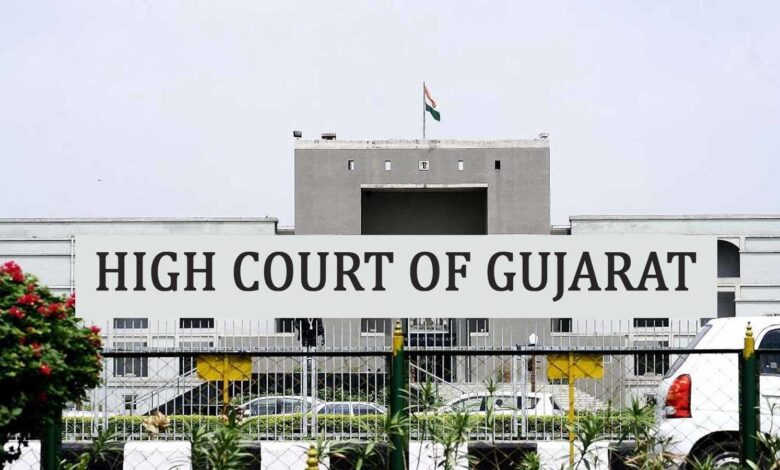“What about temple aarti?” Gujarat High Court rejects attempt to outlaw loudspeakers in mosques
Bajrang Dal leader Shaktisinh Zala filed the suit, claiming that playing Azaan over loudspeakers results in "noise pollution."

On Tuesday, the Gujarat High Court dismissed a Public Interest Litigation (PIL) that sought to outlaw the use of loudspeakers during Azaan at mosques, ruling that doing so does not contribute to noise pollution.
A division bench made up of Justice Aniruddha P. Mayee and Chief Justice Sunita Agarwal of the Gujarat High Court referred to the petition as “wholly misconceived” and stated they could not understand how the “human voice making Azaan” raised the decibel (noise level) above the allowable limit and resulted in noise pollution.
“We fail to understand how the human voice making Azaan through loudspeaker in the morning could achieve the decibel (level) to the extent of creating noise pollution, causing health hazards for the public at large,” the judge stated.
Bajrang Dal leader Shaktisinh Zala filed the suit, claiming that playing Azaan over loudspeakers results in “noise pollution,” harms people’s health—particularly that of children—and creates other inconveniences.
During the hearing, the judge questioned the petitioner’s attorney, “In your temple, the morning aarti with drums and music also starts early, at 3 am. So, does it not cause any kind of noise to anyone? Can you say the noise of ghanta (bell) and ghadiyal (gong) remain in temple premises only? Does (it) not percolate outside the temple?”
“Entertaining this kind of PIL” would not be allowed, the bench declared. “It is a faith and practice going for years, and it is for 5–10 minutes,” the judge stated.
The court also brought up the fact that Azaan is held at various times of the day throughout the hearing.
The petitioner failed to present any such evidence for a specific location to support the bench’s assertion that a ten-minute Azaan produces noise pollution. The bench stated that there is a scientific procedure in place to quantify noise pollution. It further noted that the petitioner’s only point of contention is that loudspeaker-based Azaan is conducted in neighborhoods inhabited by individuals from many groups and religions, posing health risks and creating inconveniences.
You might also be intersted in – Gujarat former sales manager forced to lick shoes of businesswoman over salary dispute



